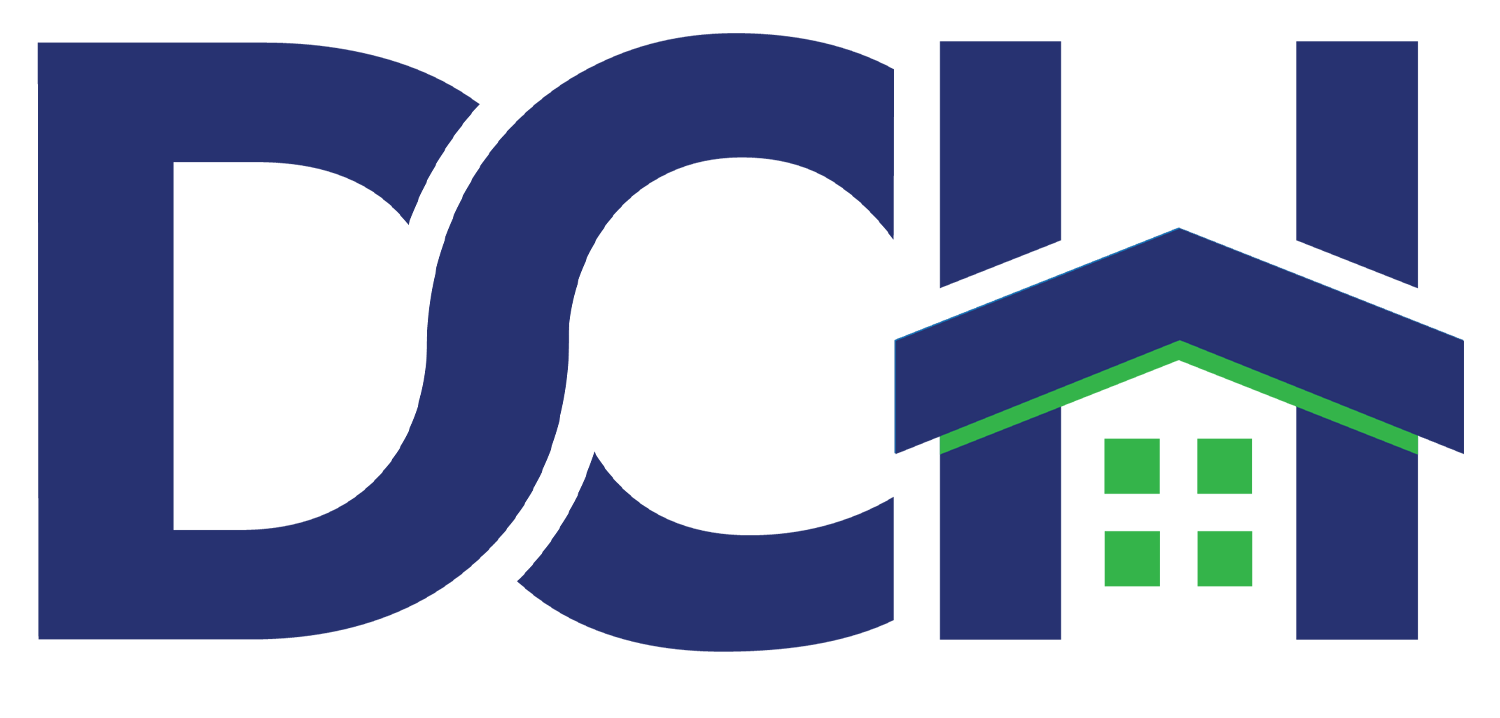The Housing Paradigm and Paradox of Dallas Housing
The housing paradigm in the United States is complex, and the issue is not isolated to a specific region. Dallas especially is experiencing the effects of the housing paradox, with rising housing costs and critical zoning issues limiting access to affordable options. As part of our mission, DCH seeks to develop attainable housing and preserve affordability in developing communities of Dallas. In this blog, we outline how Dallas differs from other metropolises that suffer from an unsustainable housing paradigm.
The Great American Housing Paradigm
Housing is a basic need but has become an increasingly expensive commodity for many. According to a report by the Harvard Joint Center for Housing Studies, 49% of renters in 2021 were considered cost-burdened, meaning they spent 30% or more of their household income on rent. This statistic represents a two decade trend that is not limited to region and it is the highest percentage since records began to be kept in 2001, indicating that more tenants are feeling the burden of rising rents and decreasing salaries.
In February 2023, rent inflation in the US rose to 8.1% from a year earlier, which was the highest reading since June of 1982. The increase in rent prices has been attributed to various factors, including the COVID-19 pandemic, high interest rates, and a shortage of available housing. Housing uncertainty has impacts beyond just rent or mortgage payments. High housing and utility costs disproportionately drawn down racial and socioeconomic lines,reduce access to necessary services such as transportation, child care, health care, or food in populations already negatively impacted.
Paradox of Dallas Housing
Dallas is grappling with a housing paradox. Despite being a city with a booming economy, it is low on large tracks of land, and affordable options for middle-income residents are becoming harder to find. The issue is compounded by critical zoning issues within the inner city that doesn't allow for density. As a result, like national housing conditions, Dallas residents are increasingly paying a higher percentage of their income on housing costs and utilities, without seeing increases in home values or the possibility of becoming home owners.
The City Hall in Dallas released a report stating that "housing and utility cost burdens reduce the ability for low and now moderate-income residents to pay for other necessary services and impact the quality of life for all residents who live there. This makes home owning and the dream of homeowning, elusive, if not impossible. From a developer perspective, "Affordable housing” is a term that is used frequently, but in stark contrast to the development of homes architecturally appealing with amenities, instead referring to below-the-poverty-line housing. To properly understand the history of Dallas’ housing affordability, the developmental context must be understood.
In Dallas, large swaths of southern Dallas were redlined for decades, meaning the federal government wouldn't back loans to develop in areas where many Black and Latino residents lived. So while developments in northern more homogenized parts of the city prospered, the suburbs then ballooned as freeways made it easier and faster to get there. Southern Dallas, has been plagued by historic segregation with freeways surrounding it and now are we seeing gentrification of these communities.
DCH, Dallas and Housing
Where do we go from here? DCH is a proud non profit working to redefine Dallas and transform neighborhoods, without displacing residents or community culture. While the rising cost of housing in the United States places burdens on renters and homeowners alike, DCH develops mixed-income housing that deliberately makes room for the middle class. In Dallas, where the paradox of growth with limited available land and historic zoning issues make affordable options for middle-income residents scarce, we have developed over 350 homes and 2400 apartments to serve this segment. Solving these issues requires a sustained effort from policymakers, developers, like DCH, and community leaders to ensure that all residents have access to safe and affordable housing options.

